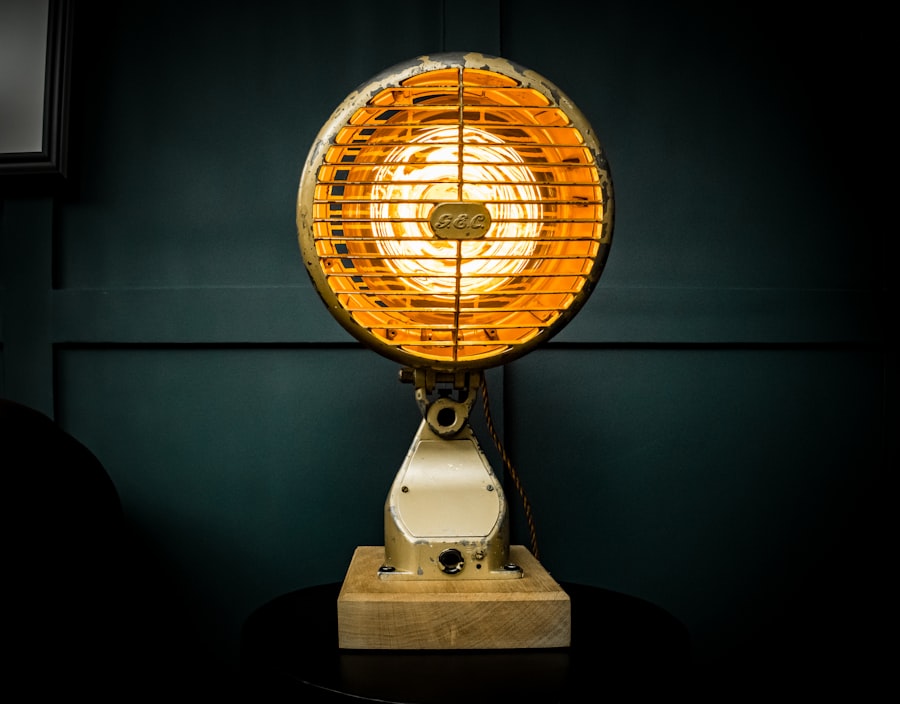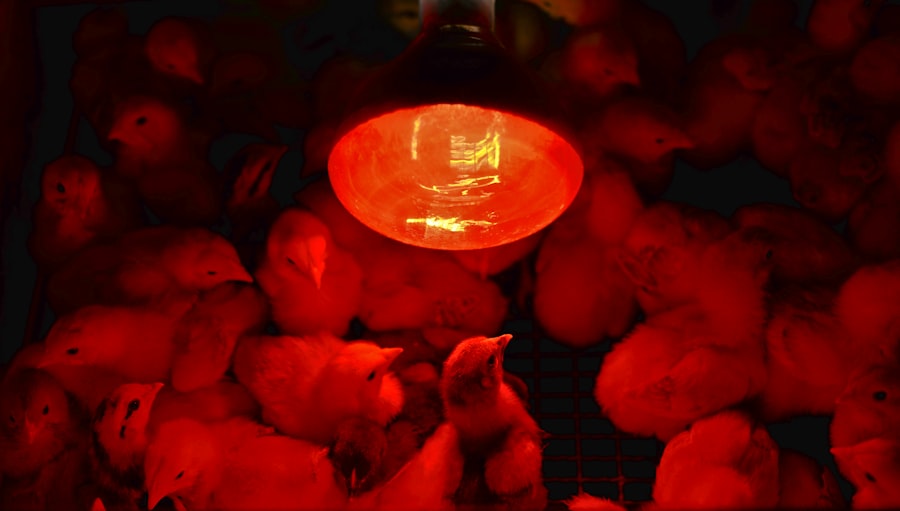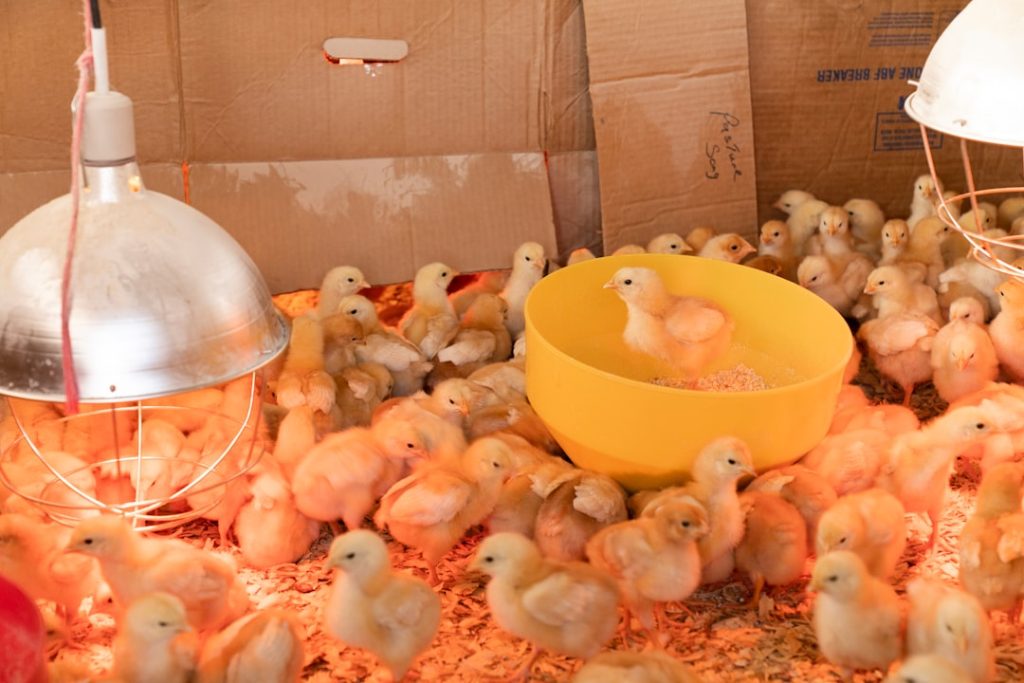Chickens have specific requirements for optimal health and well-being, particularly during winter. These include adequate warmth, shelter from harsh weather conditions, and constant access to unfrozen water. Winter poses increased risks of illness and stress for chickens, necessitating extra care and attention.
Egg production may decline in colder months, making it essential to focus on maintaining overall flock health and comfort. Cold temperatures can lead to frostbite and hypothermia in chickens if proper precautions are not taken. Protection from wind, rain, and snow is crucial, as exposure to these elements can compromise their health.
Dehydration is a significant risk in cold weather, making continuous access to fresh water vital. Understanding and addressing these fundamental needs is essential for effective winter care of chickens.
Table of Contents
Key Takeaways
- Chickens need extra care in winter due to their susceptibility to cold temperatures
- Proper shelter for chickens should be dry, draft-free, and well-ventilated
- Insulating the chicken coop with materials like straw or hay can help retain heat
- Heat sources like heat lamps or heated pads can be used to keep the coop warm
- Adding extra bedding such as straw or wood shavings can provide additional insulation for chickens
- Access to fresh water is crucial for chickens in winter, so it should be checked and refilled regularly
- Monitoring the health of chickens for signs of cold stress or illness is important during winter
Providing proper shelter for chickens
Insulated and Draft-Free Coop
A well-built and insulated chicken coop is essential for protecting your flock from the cold, wind, and moisture. The coop should be draft-free, with good ventilation to prevent the buildup of moisture and ammonia from chicken droppings.
Spacious and Comfortable Living Space
The coop should also be spacious enough to allow the chickens to move around comfortably and have separate areas for nesting and roosting.
Secure and Protected Outdoor Run
In addition to a well-built coop, it’s important to provide your chickens with a secure outdoor run that is protected from the elements. This will allow them to get some fresh air and exercise while still being protected from harsh weather conditions. The run should be covered with a roof or tarp to provide additional protection from rain and snow.
Essential for Health and Well-being
Providing proper shelter for your chickens is essential for their health and well-being during the winter months.
Insulating the chicken coop

Insulating the chicken coop is an important step in providing a warm and comfortable environment for your flock during the winter months. Proper insulation can help regulate the temperature inside the coop, keeping it warmer in cold weather and cooler in hot weather. There are several ways to insulate a chicken coop, including adding insulation to the walls, ceiling, and floor, as well as sealing any drafts or gaps that could let cold air in.
One effective way to insulate a chicken coop is to use straw or hay bales around the exterior walls to provide an extra layer of insulation. Another option is to use foam board insulation or reflective insulation on the interior walls and ceiling. It’s also important to ensure that the coop is well-ventilated to prevent moisture buildup, which can lead to mold and respiratory issues for the chickens.
Proper insulation is essential for maintaining a comfortable and healthy environment for your flock during the winter months.
Using heat sources for warmth
In some cases, especially in extremely cold climates, it may be necessary to use heat sources to provide additional warmth for your chickens during the winter. There are several options for heating a chicken coop, including heat lamps, radiant heaters, and heated pads or mats. It’s important to choose a heat source that is safe for use around chickens and to follow all manufacturer’s instructions for installation and operation.
When using heat sources in a chicken coop, it’s important to take precautions to prevent fire hazards and ensure the safety of your flock. Keep heat sources away from flammable materials such as bedding and nesting materials, and use a thermostat or timer to regulate the temperature and prevent overheating. It’s also important to monitor the chickens closely for signs of overheating or stress, as excessive heat can be just as harmful as cold temperatures.
Using heat sources can provide additional warmth for your chickens during the winter, but it’s important to do so safely and responsibly.
Providing extra bedding for insulation
Adding extra bedding to the chicken coop is another effective way to provide insulation and warmth for your flock during the winter months. Bedding materials such as straw, hay, or wood shavings can help trap heat and provide a comfortable surface for the chickens to rest on. It’s important to regularly clean and replace bedding to prevent moisture buildup and maintain a clean and healthy environment for your flock.
In addition to providing extra bedding inside the coop, it’s also important to add bedding to the outdoor run to provide insulation from the cold ground. This will help keep your chickens’ feet warm and dry while they are outside. Providing extra bedding is a simple yet effective way to help keep your flock warm and comfortable during the winter months.
Ensuring access to fresh water

Preventing Dehydration in Cold Weather
Access to fresh water is essential for chickens year-round, but it’s especially important during the winter months when dehydration can occur quickly in cold weather. It’s important to regularly check waterers for freezing and provide fresh, unfrozen water multiple times per day.
Preventing Water from Freezing
There are several options for preventing water from freezing, including heated waterers, insulated waterers, or using a heated base under the waterer.
Monitoring for Signs of Dehydration
In addition to providing access to fresh water, it’s also important to monitor your chickens for signs of dehydration, such as lethargy or decreased egg production. Dehydration can quickly lead to illness and even death in chickens, so it’s crucial to ensure that they have access to clean, unfrozen water at all times.
Monitoring the health of chickens during winter
Monitoring the health of your chickens is crucial during the winter months when they are more susceptible to illness and stress. It’s important to regularly check on your flock for signs of illness or injury, such as lethargy, decreased appetite, or abnormal behavior. Additionally, it’s important to monitor egg production and quality as a sign of overall health and well-being.
In addition to regular health checks, it’s important to take steps to prevent illness and stress in your flock during the winter months. This includes providing a clean and dry environment, ensuring access to fresh water, and providing a balanced diet with supplemental nutrients if necessary. It’s also important to take precautions against predators that may be more active during the winter months.
Monitoring the health of your chickens and taking proactive steps to prevent illness and stress is essential for ensuring their well-being during the winter months. In conclusion, caring for chickens during the winter requires attention to their specific needs for warmth, protection from the elements, access to fresh water, and monitoring their health. By understanding these needs and taking proactive steps such as providing proper shelter, insulation, heat sources, extra bedding, and ensuring access to fresh water, you can help your flock stay healthy and comfortable during the colder months.
Regular monitoring of their health and well-being is also crucial for identifying any issues early on and taking appropriate action. With proper care and attention, you can ensure that your chickens thrive throughout the winter season.
If you’re looking for tips on how to keep your chickens warm during the winter, you might want to check out this article on chicken coop designs. It offers helpful advice on how to insulate your coop and provide adequate heating for your feathered friends. Keeping your chickens warm and comfortable during the colder months is essential for their health and well-being.
FAQs
What are the best ways to keep chickens warm in winter?
Some of the best ways to keep chickens warm in winter include providing a well-insulated coop, using heat lamps or heated pads, and ensuring good ventilation while avoiding drafts.
What temperature is too cold for chickens?
Chickens can handle cold temperatures quite well, but they start to feel uncomfortable when the temperature drops below 20°F (-6°C). It’s important to provide them with a warm and dry environment to prevent any cold-related health issues.
Should I use a heat lamp in the chicken coop during winter?
Using a heat lamp in the chicken coop during winter can be beneficial, especially during extremely cold temperatures. However, it’s important to use it safely and ensure that it doesn’t pose a fire hazard.
How can I insulate my chicken coop for winter?
Insulating the chicken coop for winter can be done by adding extra bedding, sealing any drafts, and using insulating materials such as foam boards or reflective insulation. It’s important to maintain good ventilation while insulating to prevent moisture buildup.
What should I feed my chickens in winter to keep them warm?
Feeding your chickens a balanced diet with plenty of protein and carbohydrates can help keep them warm in winter. Additionally, providing warm water and occasional treats like scratch grains can help increase their body temperature.
Meet Walter, the feathered-friend fanatic of Florida! Nestled in the sunshine state, Walter struts through life with his feathered companions, clucking his way to happiness. With a coop that’s fancier than a five-star hotel, he’s the Don Juan of the chicken world. When he’s not teaching his hens to do the cha-cha, you’ll find him in a heated debate with his prized rooster, Sir Clucks-a-Lot. Walter’s poultry passion is no yolk; he’s the sunny-side-up guy you never knew you needed in your flock of friends!







